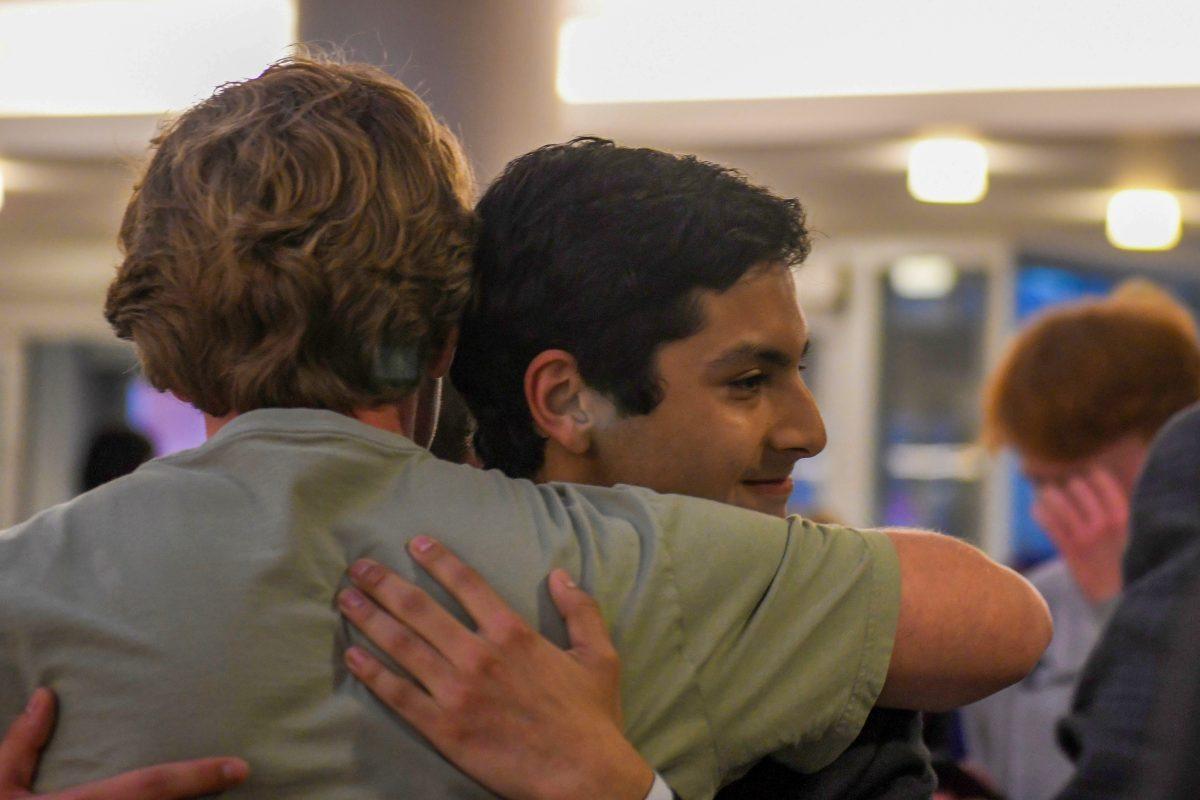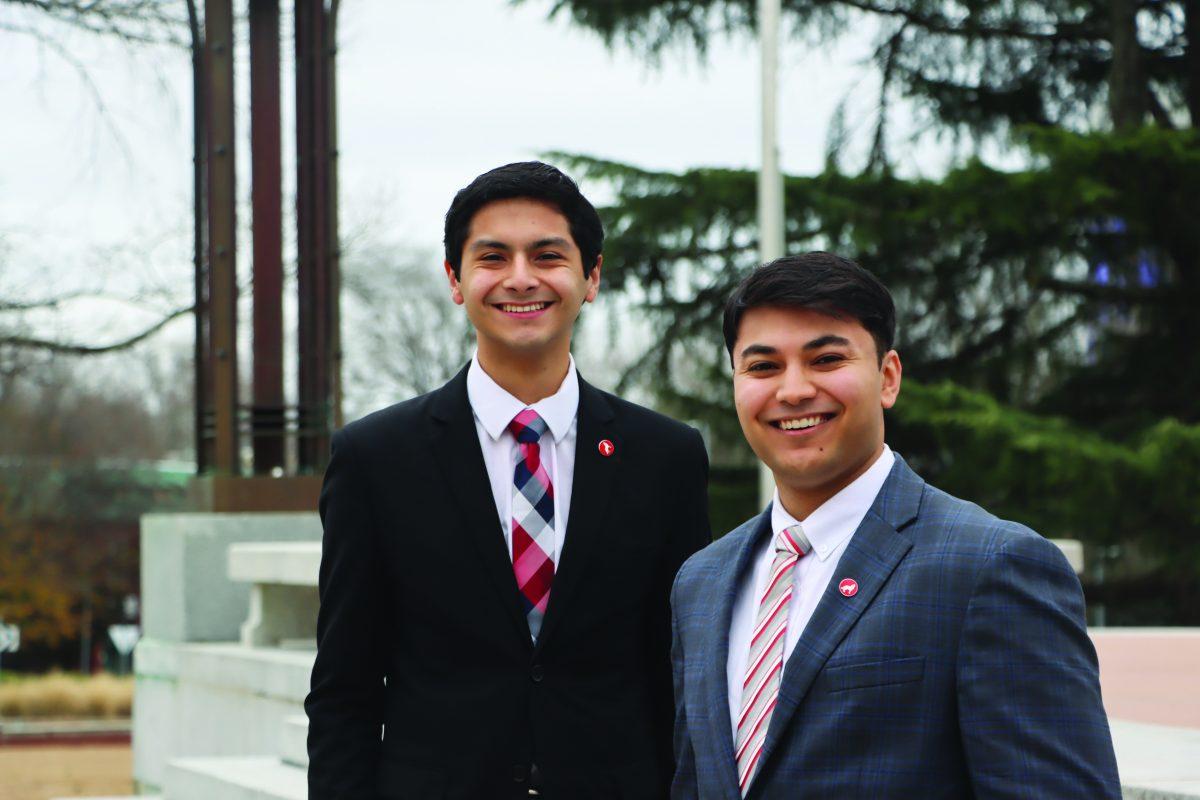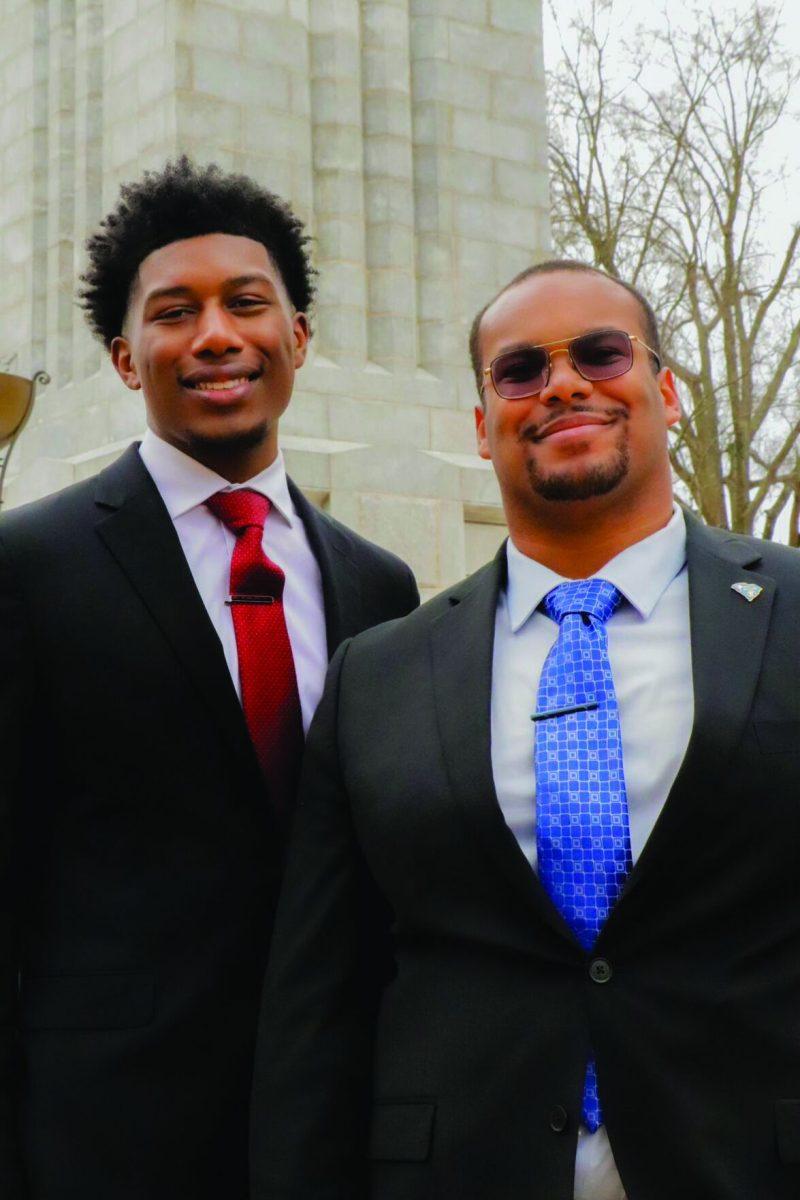Editor’s Note: Information in this article, originally published Sept. 5, 2024, has been corrected. A quote made by Aisha Aleem was misattributed and has since been made accurate.
Student Senate passed a resolution on Wednesday calling for a ceasefire in Gaza and divestment of University funds from Israel after months of debate and a failed attempt to fast-track the legislation.
Resolution 29, titled “A resolution to be entitled an act to promote peace and human rights by advocating for a permanent ceasefire in Gaza, condemning hate speech and enhancing educational resources on Palestine and Israel,” passed with 30 positive votes, 16 negative votes and one abstention.
The resolution urges NC State to “divest from groups that direct their funding towards Israel” and calls on the University to discontinue its “Cultural Treasures of Israel and Jordan” study abroad program. It also advocates for a permanent ceasefire in Gaza and enhanced educational resources on the Israel-Hamas war.
The passage comes after a failed attempt to fast-track the legislation in April, when concerns were raised about an undisclosed meeting held by Student Senate leadership to discuss the resolution.
The Senate also passed Resolution 36, titled “A resolution to be entitled an act to provide North Carolina State University institutional support for NC State students suffering from or afflicted by global conflicts,” a companion resolution to provide institutional support for students affected by global conflicts.
Naila Din, a third-year studying microbiology and corresponding sponsor of R29, said the resolution aims to amplify student concerns about the ongoing conflict.
“For over 10 months, NC State has witnessed widespread student concern and numerous student-led actions encouraging the university to take some form of action in response to the ongoing genocide in Palestine,” Din said. ” … Students recognize that the same investment funds and taxes that finance this institution are currently bankrolling Israel’s siege on Gaza.”
Din said a petition supporting the resolution was signed by nearly 1,000 students, faculty and staff.
The resolution sparked debate among senators and students in attendance, with supporters arguing it was necessary to take a stand against human rights violations and opponents contending it was divisive and outside the purview of Student Government.
Eli Edds, a fourth-year studying engineering, spoke against the resolution, saying it unfairly placed blame solely on Israel.
“This resolution has many inaccuracies and is only going to further that divide [of students],” Edds said. “Instead of focusing on trying to solve intricate overseas conflicts by passing exclusionary resolutions, the Senate should focus instead on trying to join the student body together and create peace and progress here.”
Edds said he has faced harassment on campus for his Jewish identity since the Oct. 7 Hamas attack on Israel, including being yelled at by classmates.
Shatha Boaj, a third-year studying political science and a sponsor of the resolution, said the legislation was necessary to support Palestinian students facing trauma from the ongoing conflict.
“We have a duty to represent the Palestinian students on campus who have been deeply affected by the atrocities that have been committed by the Israeli government,” Boaj said. “The senators who pose con debates are heavily influenced by their privilege as a part of the majority group. Your privilege allows you to be indifferent to the atrocities happening.”
The debate touched on broader issues of free speech, institutional neutrality and the role of Student Government in addressing international conflicts.
Some senators raised concerns that passing the resolution could jeopardize the University’s standing and funding from the state legislature.
Student Senate Secretary Jon Carter, a second-year studying accounting, opposed the resolution and said it overstepped the body’s authority.
“Nowhere in our statutes is this Senate charged with the duties of the United States Department of State,” Carter said. “Foreign policy is not and should not be the focus of this body’s legislation.”
Supporters like Aisha Aleem, a third-year studying political science and a sponsor of the resolution, said student activism has historically played an important role in social movements.
“Unlike adults, we as students possess a sense of virtue when it comes to injustice,” Aleem said. “So when we question whether we as a student body have credibility, history has proven our importance relentlessly.”
Senators, both supporters and opponents, amended the legislation to be more inclusive of all students affected by the Israel-Hamas war, removing language that placed a higher emphasis on Palestine over Israel, as well as removing the labeling of Hamas as a “paramilitary group,” due to debates over the status of Hamas.
Maddie Watts, a fourth-year studying political science and Student Senate legislative secretary, said the legislation’s focus on Palestine was inherent because of the nature of the war, but supported amending language to make it clear that Student Government supports all students.
“It’s just basically restating everything else that this bill stands for, but just restating it to make it very clear for the people who are concerned that it’s one-sided,” Watts said. “While definitely it does lean heavily on the Palestinian side, just because of the facts of what’s going on right now, I think this does just reiterate that NC State does not support the killing of people in general and that we support students of all sides.
The resolution’s passage comes amid heightened tensions on college campuses nationwide over the Israel-Gaza conflict. Some universities have faced criticism and potential funding cuts for statements perceived as anti-Israel or antisemitic.
The resolution calls on NC State to disclose any investments connected to Israel, though sponsors said they are unsure of the extent of such investments.
University administrators will now have to decide how to respond to the resolution. NC State, like other UNC System schools, is bound by state law and system policies on institutional neutrality in political matters.
Though some amendments to strengthen the language around Gaza were rejected, R36 legislation also passed by a vote of 36 positive votes, one negative vote and one abstention after R29 was passed.
Taquan Dewberry, a second-year studying computer science, Student Senate pro tempore and sponsor of R36, said it aims to create “a substantive approach to addressing the significant disparities in the treatment and the things being experienced by our students affected by global conflicts.”
R36 calls for NC State to provide institutional support for students impacted by global conflicts. It urges the University to develop a comprehensive support plan, enhance educational resources and facilitate open dialogue on campus about international issues affecting students.
Some senators expressed concerns about the broad language in R36. Abby Lundergan, a fifth-year studying architecture, asked about the “lack of specificity” in the bill during debate.
Dewberry said the broad wording allows flexibility for the plan to address both current and future concerns.
“The ability for this plan to apply not only to current concerns, but also to the future as well as non-specified sorts of concerns, any sort of concern that a student may be facing regarding this issue,” Dewberry said.
Supporters said R36 provides a framework for the University to better support affected students while allowing input from various campus groups as specific plans are developed.
Pierce Bruns and Elliott Jackson contributed to this reporting.












